THCA, or tetrahydrocannabinolic acid, does not get you high. You might have heard of THC, the compound that causes the "high" feeling, but what about THCA? This often-overlooked component of raw cannabis plants has been gaining attention lately, and many people wonder if it can also make you feel intoxicated. In this article, we'll explore THCA, how it differs from THC, and whether it can get you high.
Will THCA Get You High?
Tetrahydrocannabinolic acid is the non-psychoactive precursor to THC (tetrahydrocannabinol) found in raw cannabis plants. Unlike Tetrahydrocannabinol, it does not produce intoxicating effects or the "high" typically associated with cannabis use. This is because the compound has a different molecular structure that prevents it from effectively binding to the CB1 receptors in the brain, which are responsible for THC's psychoactive effects.
The conversion of THCA to THC occurs through a process called decarboxylation, which is triggered by heat or prolonged exposure to light and air. This process removes the carboxyl group from the molecule, transforming it into THC. Smoking, vaporizing, or cooking cannabis causes rapid decarboxylation, which is why these methods of consumption produce psychoactive effects. However, consuming raw cannabis or its isolate form will not result in a high.
What Is The Difference Between THCA And THC?
Tetrahydrocannabinolic acid and Tetrahydrocannabinol are two distinct compounds found in the cannabis plant. THCA is the precursor to THC and is found in raw, unheated cannabis. It is non-psychoactive, and it does not produce the high associated with cannabis consumption. THC, on the other hand, is the compound responsible for the psychoactive effects of cannabis.
The conversion from Tetrahydrocannabinolic acid to THC occurs through a process called decarboxylation, which typically involves heating the cannabis. This transformation changes the chemical structure, enabling THC to bind effectively to cannabinoid receptors in the brain and produce psychoactive effects.
The table below will illustrate the differences between the THCa and THC compounds:
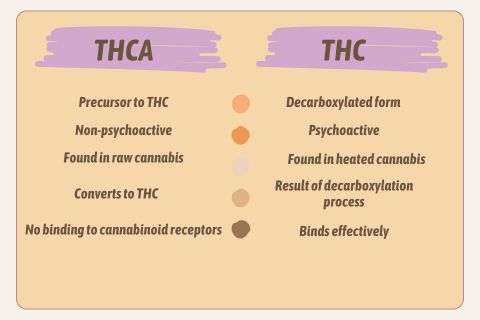
How To Consume THCA Without Getting High?
Tetrahydrocannabinolic acid can be consumed in several ways that maintain its non-psychoactive properties, allowing you to enjoy its potential health benefits without experiencing its high. Here are five methods to consume it without getting high:
1. Raw Consumption
- One of the most popular ways to consume it is by juicing raw cannabis leaves and flowers. This method preserves the compound without converting it to THC.
- You can add fresh cannabis leaves and flowers to salads or blend them into smoothies. This raw consumption keeps the compound intact.
2. Tinctures
- THCA tinctures are made by soaking raw cannabis in alcohol to extract the cannabinoids. These tinctures can be consumed sublingually (under the tongue) or added to beverages.
- Glycerin-based tinctures are available for those who prefer an alcohol-free option. These can also be taken sublingually or mixed with food and drinks.
3. Topicals
- Topical applications of the compound do not enter the bloodstream and, therefore, do not produce a high. These can be used to relieve pain and inflammation.
4. Capsules
- THCA capsules offer a convenient way to consume the compound without any preparation. These are taken like any other supplement and do not produce psychoactive effects.
5. THCA Isolate
- The THCA isolate is pure, concentrated, and usually found as a powder or crystals. It can be added to foods and beverages or taken directly.
These methods allow you to take advantage of Tetrahydrocannabinolic acid’s potential health benefits, such as its anti-inflammatory and neuroprotective properties, without experiencing any psychoactive effects.
If you'd like to learn more about THCA and it's legality, watch this out.
Frequently Asked Questions
1) What are the potential benefits of Tetrahydrocannabinolic acid?
It has several health benefits, including anti-inflammatory, anti-emetic (anti-nausea), and neuroprotective properties. It is being studied for its possible therapeutic applications without the psychoactive effects of THC.
2) How does THCA make you feel?
The compound does not produce intoxicating effects or a "high" feeling. Instead, some users report experiencing subtle benefits like reduced inflammation or improved focus; though these effects are not well-established, more research is needed to confirm them.
3) Is Tetrahydrocannabinolic acid legal?
It is often not explicitly regulated in many places because it's non-psychoactive. However, since the compound can easily convert to THC, some jurisdictions treat it similarly to THC. Laws are evolving rapidly, so it is crucial to check local regulations for the most up-to-date information on their legal status.
4) Can drug tests detect Tetrahydrocannabinolic acid?
For the question; How long does THCA stay in your system? While standard drug tests typically don't detect THCA directly, they are designed to identify THC metabolites. However, consuming THCA could still result in a positive test if some of it converts to THC in your body or during the testing process.
Summing It Up
THCA itself does not get you high. This non-psychoactive compound may produce a high when converted to Tetrahydrocannabinol through heat or prolonged storage. It is crucial to remember that it can quickly transform into THC. Therefore, consumers should be aware of this potential conversion when using THCA-containing products, especially about legal considerations and drug testing.
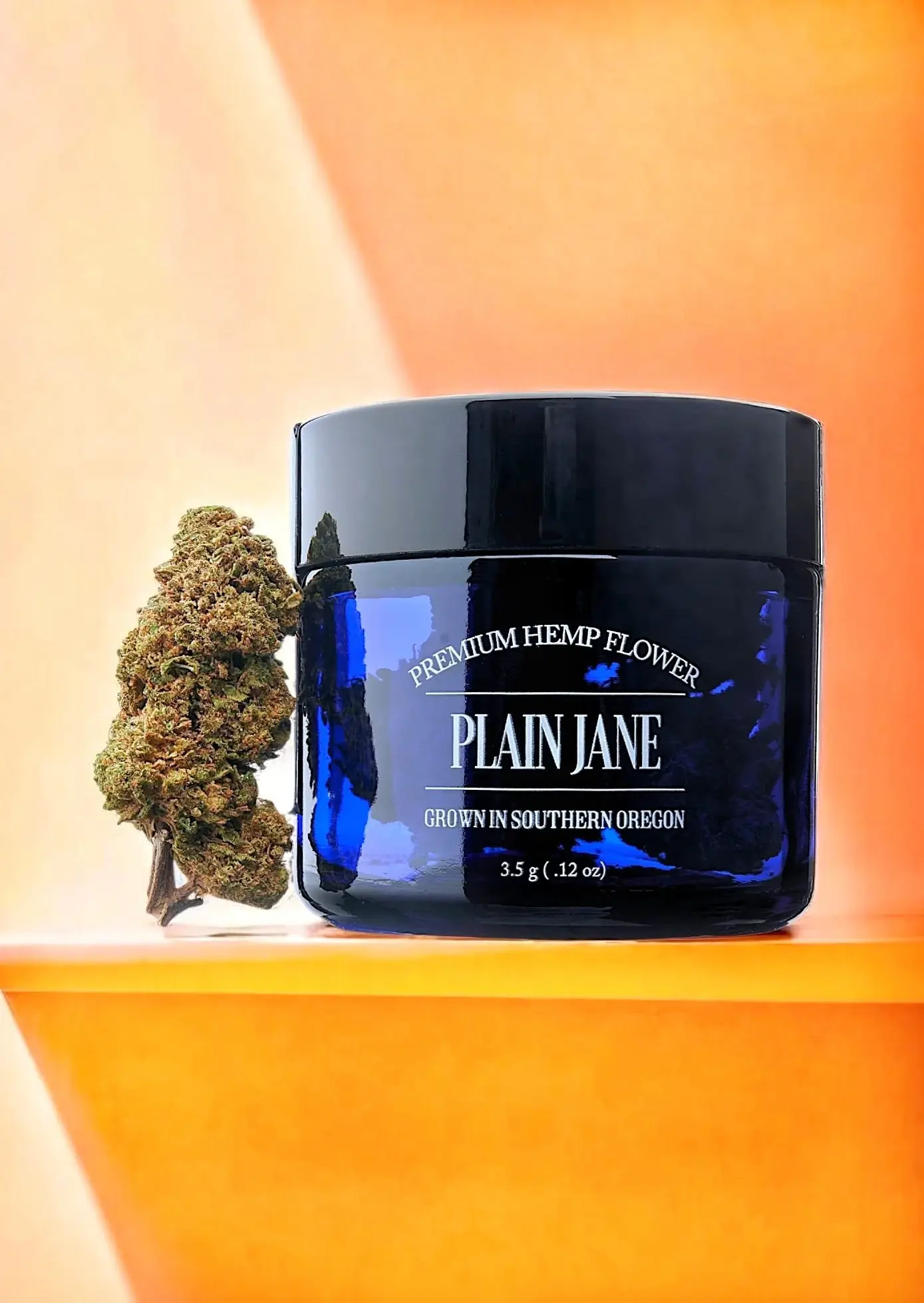
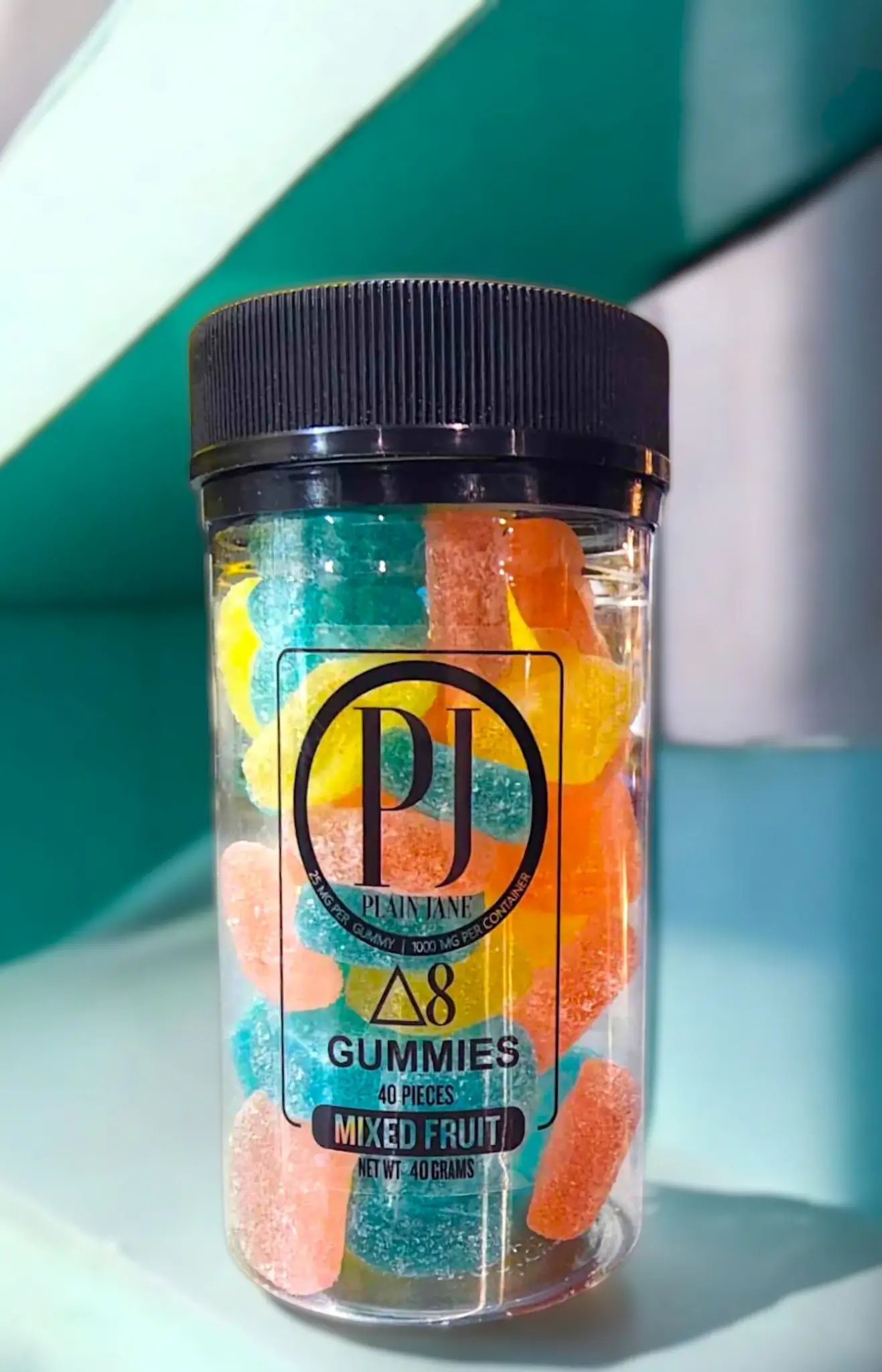
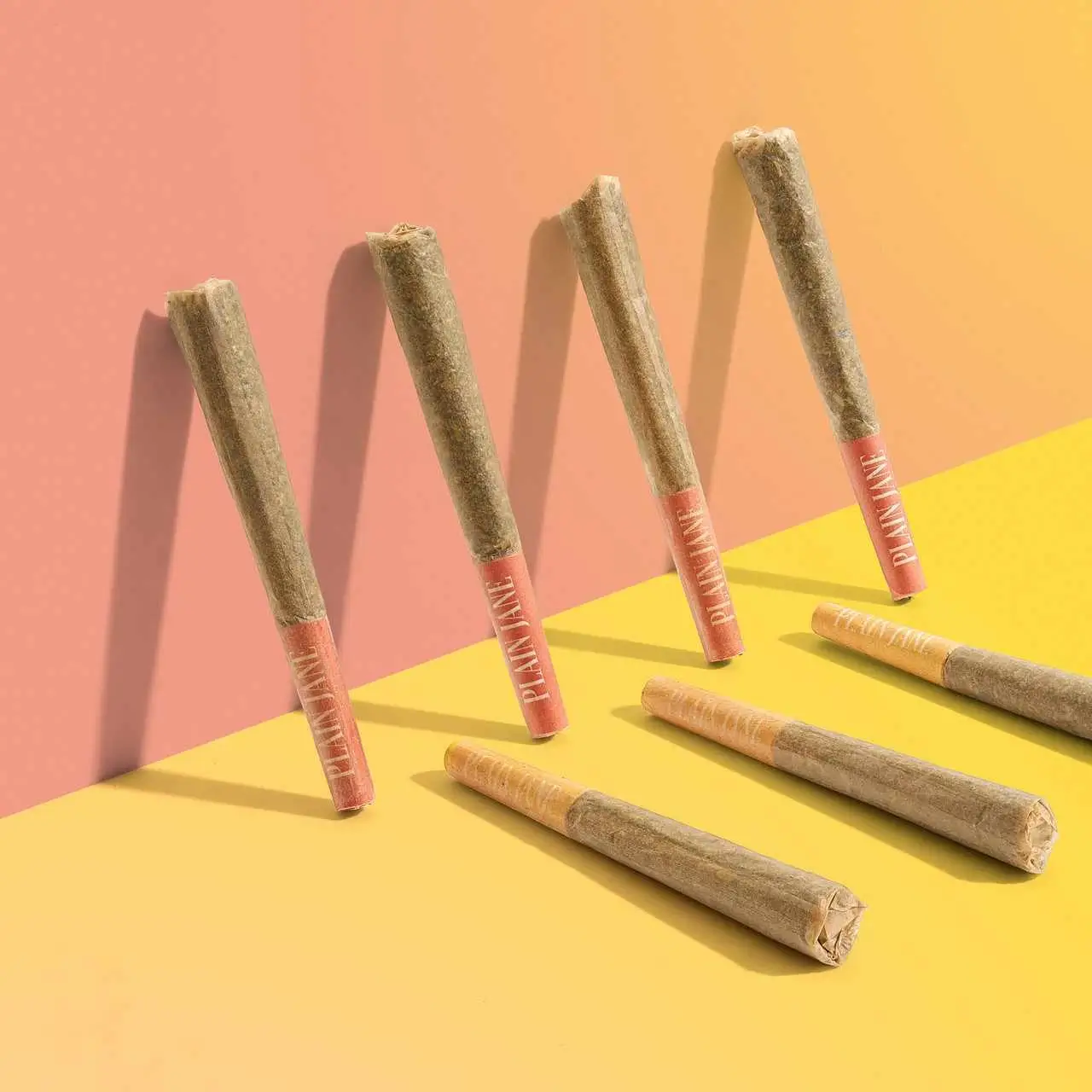
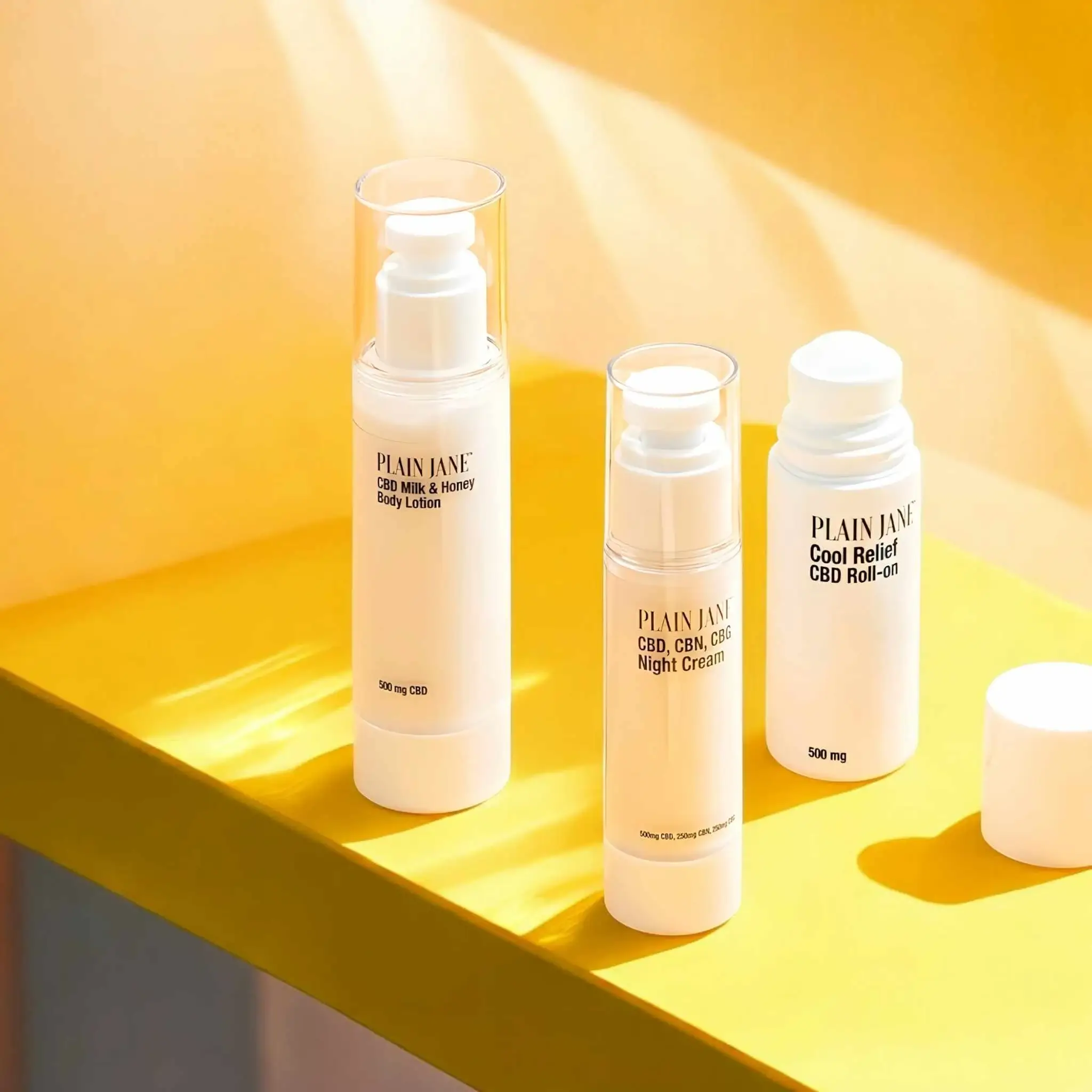
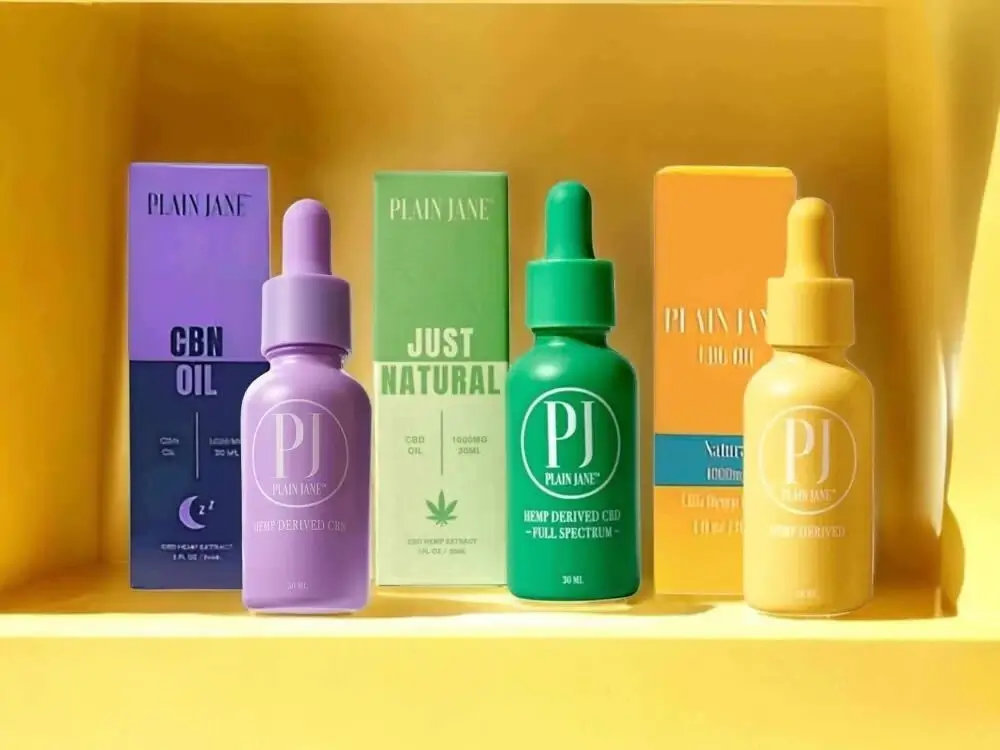
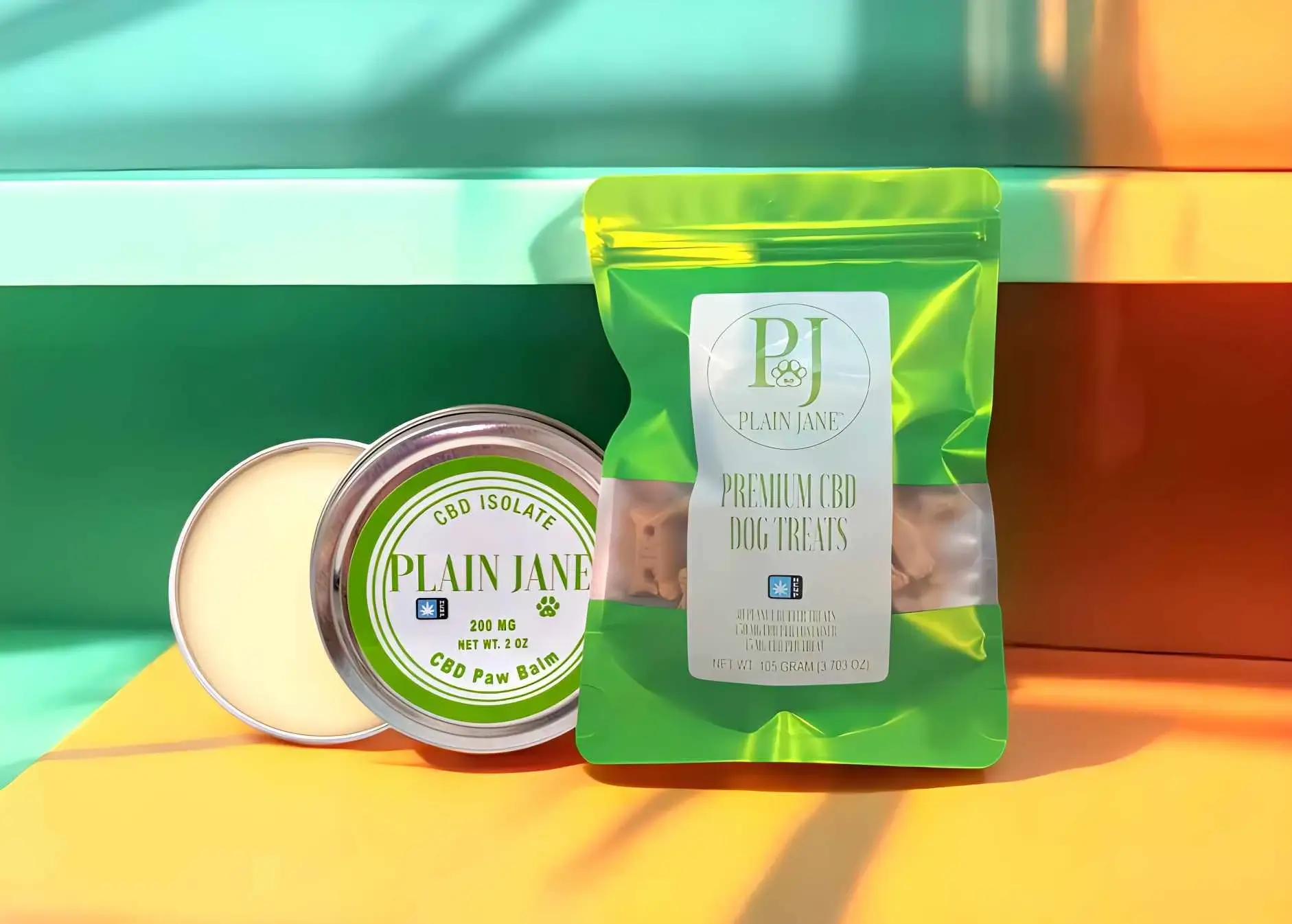

0 comments